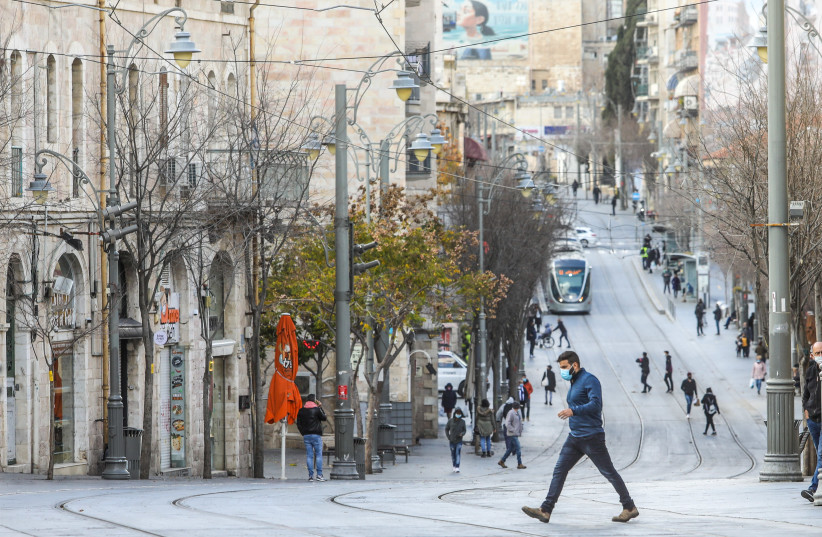People who were previously infected with coronavirus and who are themselves protected by antibodies can still carry the virus and infect others, according to a study done in England.
The study, called “SARS-COV-2 Immunity and Reinfection Evaluation” (SIREN) and conducted between June 18 and November 24, also found that although reinfection is possible, it is rare, at least for the first five months after becoming ill. .
Of the study participants who had already become ill (approximately 6,600), only 44 (less than 1%) were re-infected with the virus. In other words, immune response from a first infection reduced the risk of recurrence of the virus by 83%.
Of the approximately 14,000 people who were not yet infected in the study, 318 tested positive for the virus (2.3%).
The researchers do not know how long the protection lasts outside the time frame of the study.
Moreover, those who were re-infected usually did not suffer from serious illnesses. Only about 30% of people with possible reinfection reported any symptoms, compared to 78% of those who contracted the virus for the first time.
cnxps.cmd.push (function () {cnxps ({playerId: ’36af7c51-0caf-4741-9824-2c941fc6c17b’}). deliver (‘4c4d856e0e6f4e3d808bbc1715e132f6’);});
But, as noted, sometimes those who recovered and then became infected again had high virus load, meaning that there was still a high chance that they would transmit the virus to others.
The study was not intended to provide insight into the effects of the vaccine. The researchers also noted that the aim was not to determine whether the symptoms were better or worse during the second infection, and this question requires further evaluation.
The subjects were mostly young and middle-aged women who had less severe symptoms anyway than the elderly.
Finally, the study was mostly done before the British mutation, which could change the dynamics of the results. Some suggested that the existence of mutations would lower the effectiveness of the immune response, but more research would be needed.
